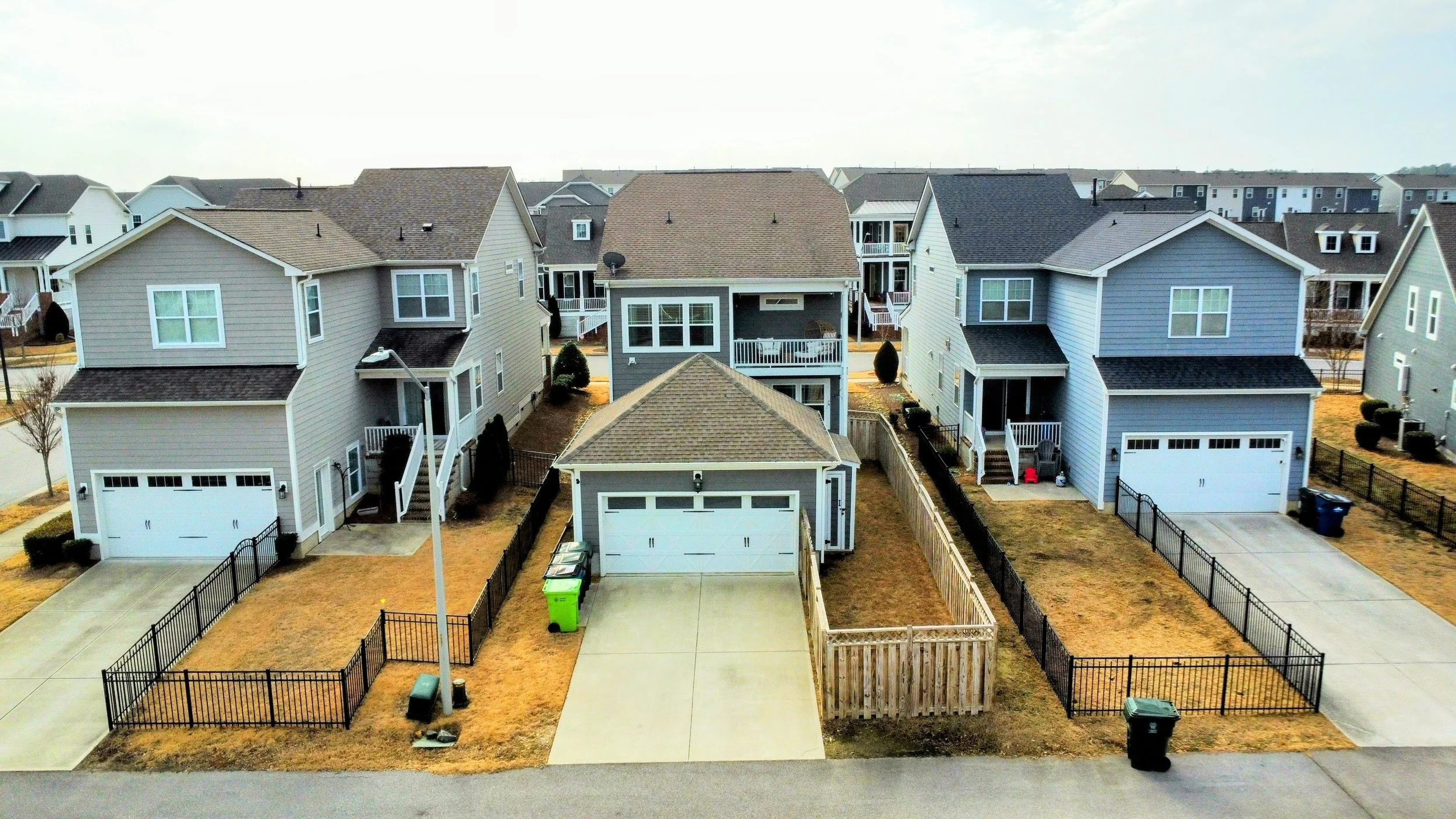Moderate Price Appreciation and Its Impact on the Real Estate Market in the Triangle Area
The Triangle area in North Carolina, which encompasses the cities of Raleigh, Durham, and Chapel Hill, has seen substantial growth over the past few decades. Known for its excellent schools, vibrant job market, and attractive lifestyle, this region has become a hotspot for potential homeowners and investors. However, a moderate price appreciation in the real estate market is shaping the housing landscape in significant ways.
What is Moderate Price Appreciation?
Moderate price appreciation refers to a steady, gradual increase in the prices of homes over time. In contrast to the rapid, sharp price increases seen in some areas, moderate appreciation typically suggests a more sustainable, less volatile market. This kind of growth is often seen as a healthy sign of an expanding economy, where demand for homes is growing at a pace that aligns with local economic factors, such as job growth and population increases.
In the Triangle area, moderate price appreciation has become the norm, as the region continues to benefit from a booming tech industry, strong educational institutions, and a high quality of life.
Impact on Homebuyers
For homebuyers, moderate price appreciation can have both positive and negative consequences. On the one hand, rising home values indicate that properties are becoming more valuable over time, which is appealing for long-term investors. Buyers who purchase homes at moderate prices may benefit from seeing their investment grow steadily. For instance, as the value of a home appreciates, owners may be able to build equity more rapidly than in a stagnant market.
However, for first-time homebuyers or those with tighter budgets, moderate price increases can create challenges. While prices aren’t skyrocketing like in some other cities, affordability may still be a concern. Buyers may find themselves priced out of the neighborhoods they’re interested in, especially in popular areas like downtown Raleigh or near the universities in Chapel Hill and Durham. As competition increases, bidding wars may become more common, further pushing up the prices.
Impact on Sellers
For sellers, moderate price appreciation is often a favorable market condition. Homeowners looking to sell can benefit from seeing their property values increase steadily, allowing them to list their homes at higher prices while still remaining competitive in the market. Sellers in the Triangle area, particularly those who have owned their homes for several years, may see strong returns on their investment as home values rise.
However, even in a market with moderate appreciation, sellers must be mindful of setting realistic prices. Overpricing a home in a rising market can lead to extended listing times and eventual price reductions. Home sellers must balance their desire for profit with the need for a quick sale.
Impact on Investors
For real estate investors, moderate price appreciation offers a stable and low-risk opportunity for growth. Investors can benefit from purchasing properties in growing areas, where the demand for housing continues to rise but without the unpredictable swings seen in more volatile markets.
Additionally, moderate price increases in the Triangle area are often accompanied by rising rents, which can offer investors higher yields from rental properties. As more people flock to the area for job opportunities and lifestyle advantages, demand for rental properties increases, creating a favorable environment for investors seeking passive income.
The Broader Economic Impact
Moderate price appreciation in the Triangle region also signals a broader healthy economy. The tech industry, healthcare sector, and universities contribute significantly to the region's growth. As new jobs are created, people move into the area, driving the demand for housing. This, in turn, leads to a higher demand for construction services, which can further stimulate the local economy.
Moreover, moderate price growth helps stabilize the housing market, avoiding the kind of boom-and-bust cycles seen in more volatile markets. This stability is beneficial not only for homeowners and investors but also for the wider economy.
Challenges and Considerations
Despite the overall positive outlook of moderate price appreciation, it’s essential to recognize the challenges this market may bring. While the prices may be rising gradually, certain areas may see disproportionate price increases, causing regional imbalances. Neighborhoods in closer proximity to the Research Triangle Park (RTP), for instance, might experience faster growth due to their proximity to major employers, potentially leaving other areas lagging behind in terms of price appreciation.
Additionally, the rise in home prices can place increased pressure on local renters, who may face rising rents and fewer affordable options. As new housing developments and construction projects ramp up to meet demand, it’s important to ensure that housing remains accessible for a wide range of residents.

